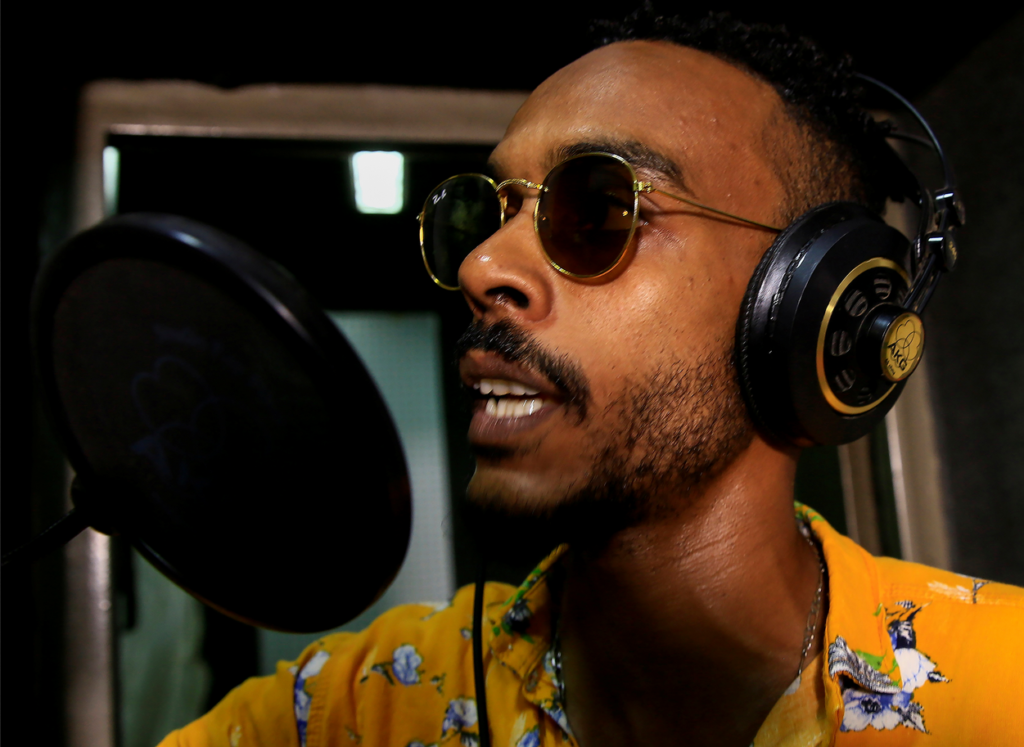Sudanese rap thrives with post-uprising freedoms

Sudanese rappers are leveraging relaxed social controls following the 2019 uprising to expand their presence, performing in public squares and concert venues to address a range of topics from challenging living conditions to personal relationships.
Ahmed Mahdy, a member of the rap group Ijraat (“procedures”), emphasizes that increased freedoms allow them to authentically portray Sudan’s ongoing issues amid deep economic crisis and the fragile shift towards democracy. “We always write about our reality,” he explains. “Whether it’s witnessing a homeless child on the street or the Nile flooding, we aim to convey these struggles using simple words and phrases that resonate with everyone.”
During the presidency of Omar al-Bashir, Sudan’s rap scene cautiously grew, navigating strict security services and limited performance venues due to stringent public order laws. Today, Ijraat performs across Khartoum, openly criticizing police actions, lamenting economic hardships, and referencing the burning tires from anti-government protests.

Their lyrics reflect societal challenges: “Happiness here is sold by the jerrycan. Women are hungry and the government is out of it,” sings one of their songs, highlighting the sale of illegal alcohol and economic disparity.
Mohab Kabashy, known as Mo3, underscores their appeal to youth seeking to voice personal and societal concerns. “Initially, it was about problems at home, with friends or partners,” explains the 26-year-old amidst his mixing board. “As people from my generation began listening, they connected with the issues I was addressing.”

Sudanese artists, blending Arabic and English, release albums through dedicated studios and cultivate significant followings on social media. They now perform in larger venues that previously hosted more traditional singers, drawing crowds in the thousands.
While rap played a pivotal role in the uprising against Bashir’s regime, Mahdy acknowledges lingering skepticism among Sudanese who view rap as foreign or morally questionable. Nonetheless, he remains optimistic about the transformative power of music. “Through songs and art, we trust that our generation can engage with complex issues,” Mahdy asserts, “no matter how challenging they may be.”